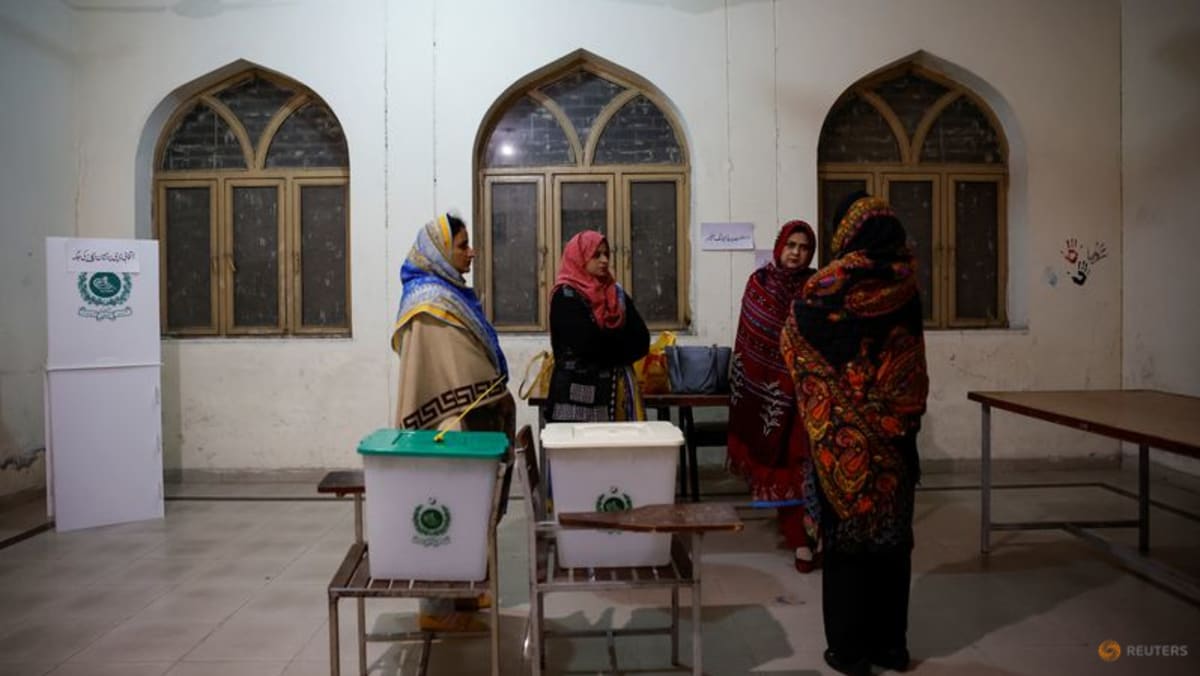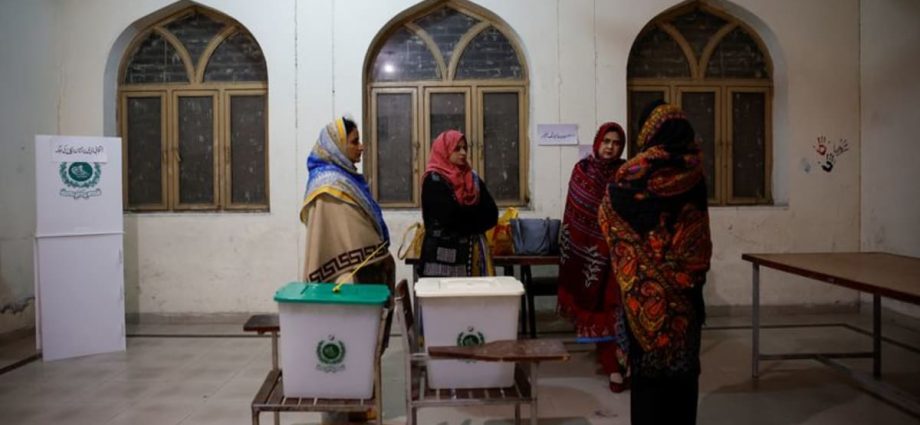
TABLES TURNED
Thursday’s election has a similar air to the 2018 poll, but with the tables turned.
Then, it was Sharif who was disqualified from running because of a string of convictions for graft, while Khan swept to power with the backing of the military, as well as genuine support.
“The history of Pakistan elections is chequered with allegations of rigging but also favouritism for a political party — 2018 saw very similar circumstances,” said Bilal Gilani, executive director of polling group Gallup Pakistan.
“It’s a managed democracy that the military runs.”
Unlike last poll, however, the opposition has had its election symbol banned – removing PTI from the ballot box altogether and forcing PTI-selected candidates to run as independents.
Last week Khan, a former international cricketer who led Pakistan to victory in the World Cup in 1992, has been sentenced to lengthy jail terms for treason, graft, and an illegal marriage.
Analysts say the character assassination shows how worried the military is that PTI-selected candidates could still prove a decisive factor in Thursday’s vote.
If Sharif does not win a ruling majority, he will most likely still take power via a coalition with one or more junior partners – including the Pakistan Peoples Party (PPP), another family-run dynasty now led by Bilawal Bhutto-Zardari.
Pollsters have said the election has left the population at its most “discouraged” in years.
Whoever wins takes over a deeply divided country, observers say, with the economy in tatters.
Inflation is galloping at nearly 30 per cent, the rupee has been in free fall for three years and a balance of payments deficit has frozen imports, severely hampering industrial growth.

